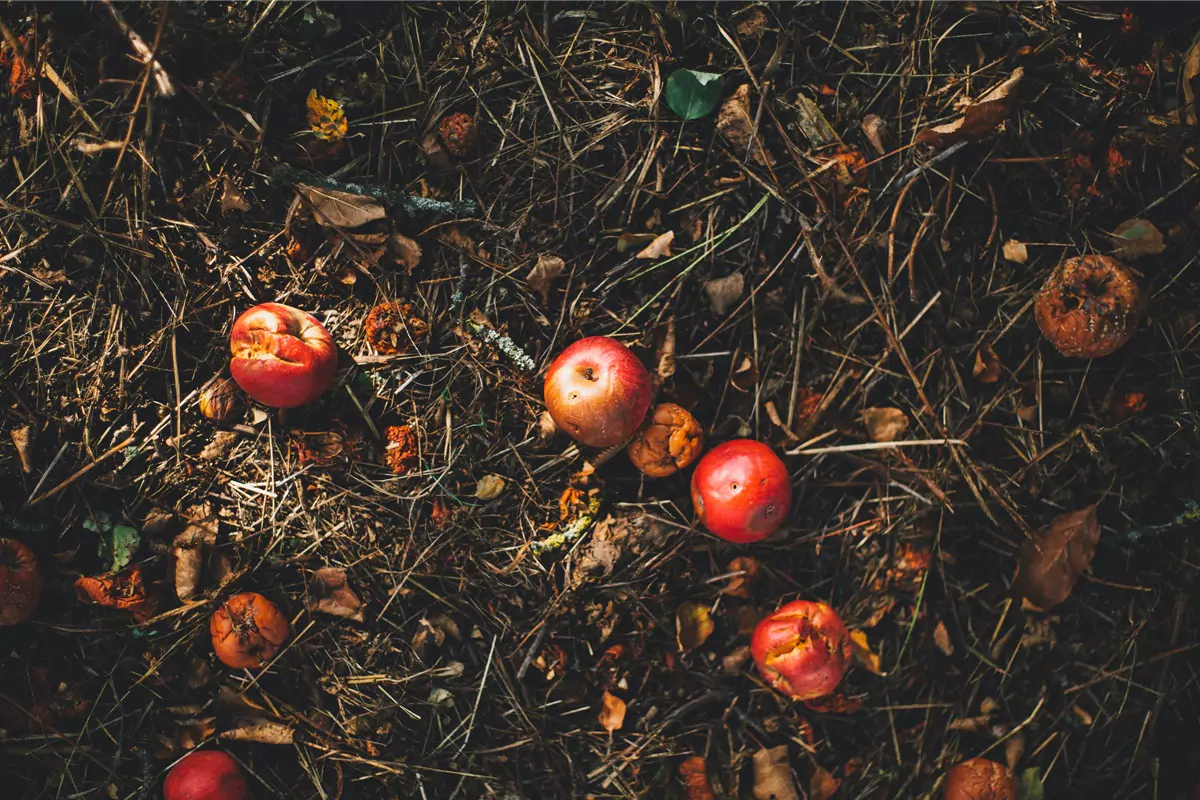From 1st January, the recycling of organic waste will be obligatory in France. Here’s how the government says it will work.
Cities like San Francisco have been doing it for a quarter of a century with impressive results, but in France, the idea of recycling organic waste is relatively new. The country’s bio-waste plans originated in 2015 and were furthered by the Anti-Waste Circular Economy Law, which was passed in February 2020. Things have been percolating ever since, and now a 1st January 2024 deadline for the obligatory sorting of bio-waste by households is looming.
With that date is fast approaching, the government has published a set of guidelines to help the public follow the new rules, but there are still valid questions on how and when compliance will realistically be possible.
DEALING WITH BIO-WASTE
Bio-waste is a rather narrow category that includes food and catering waste, like leftover meals, vegetable peelings and expired food products, as well as garden waste, such as grass clippings, dead leaves and twigs from pruning.
Traditionally, most of these items have disappeared into general household waste bins destined for rubbish heaps or incinerators. As of 1st January 2024, however, French households will be legally obliged to separate these compostable organic materials, which account for roughly a third of the annual waste produced in the home, as part of a larger EU-wide plan concerning garbage.
See more: Composting revolution coming to France in 2024
The programme is targeted at not only individuals, but also at administrations, businesses and communities, and is being partially funded by a green fund set aside for this purpose.
HOW IT WILL WORK
Municipalities are being given relatively free reign on how to implement the new rules. Some are choosing to distribute small counter-top bins that can be left outside the home for a dedicated collection service to pick up while others are installing municipal collection points, like those already available across much of the country for glass, plastic and paper waste.
Whatever the method of collection, the bio-waste recuperated will then be processed and turned into compost to be used for other purposes.
To lessen the burden on towns and cities, the government is also encouraging home composting as an alternative for those who have the type of property where this is possible.
IS FRANCE READY?
The plan is certainly a noble one that makes an enormous amount of sense when it comes to reducing waste, but are communities ready for such changes, despite having a long lead time to prepare?
The short answer is no. Many municipalities have not put the basics in place, nor have they put aside funding to make it happen by the deadline. The additional costs are estimated to come in at somewhere between €8 and €15 per person each year for the necessary facilities to be created and maintained; too much money for some and too much effort for others.
According to comments by Alexandra Gentric, National Coordinator for Biowaste Management at ADEME, France’s Environment and Energy Management Agency, to 20minutes.fr in September, “Things are moving, with lots of projects being set up, but we are far from ready. At the last count, it is estimated that only a quarter of the French population will have a solution deployed by a community [by the deadline], if individual composting is not an option.”
The bottom line is that, as the clock ticks ever closer to the New Year’s goal, many places will not or cannot comply. As of now, no fines will be imposed on those not following the rules, but this may change in the future if towns and cities continue to drag their heels.
Click here for more information.
Join the Monaco Life community – the largest English media in the Principality.
Sign up for the Monaco Life newsletter, and follow us on Facebook, Instagram , LinkedIn and Tik Tok.
Photo source: Markus Spiske, Unsplash
